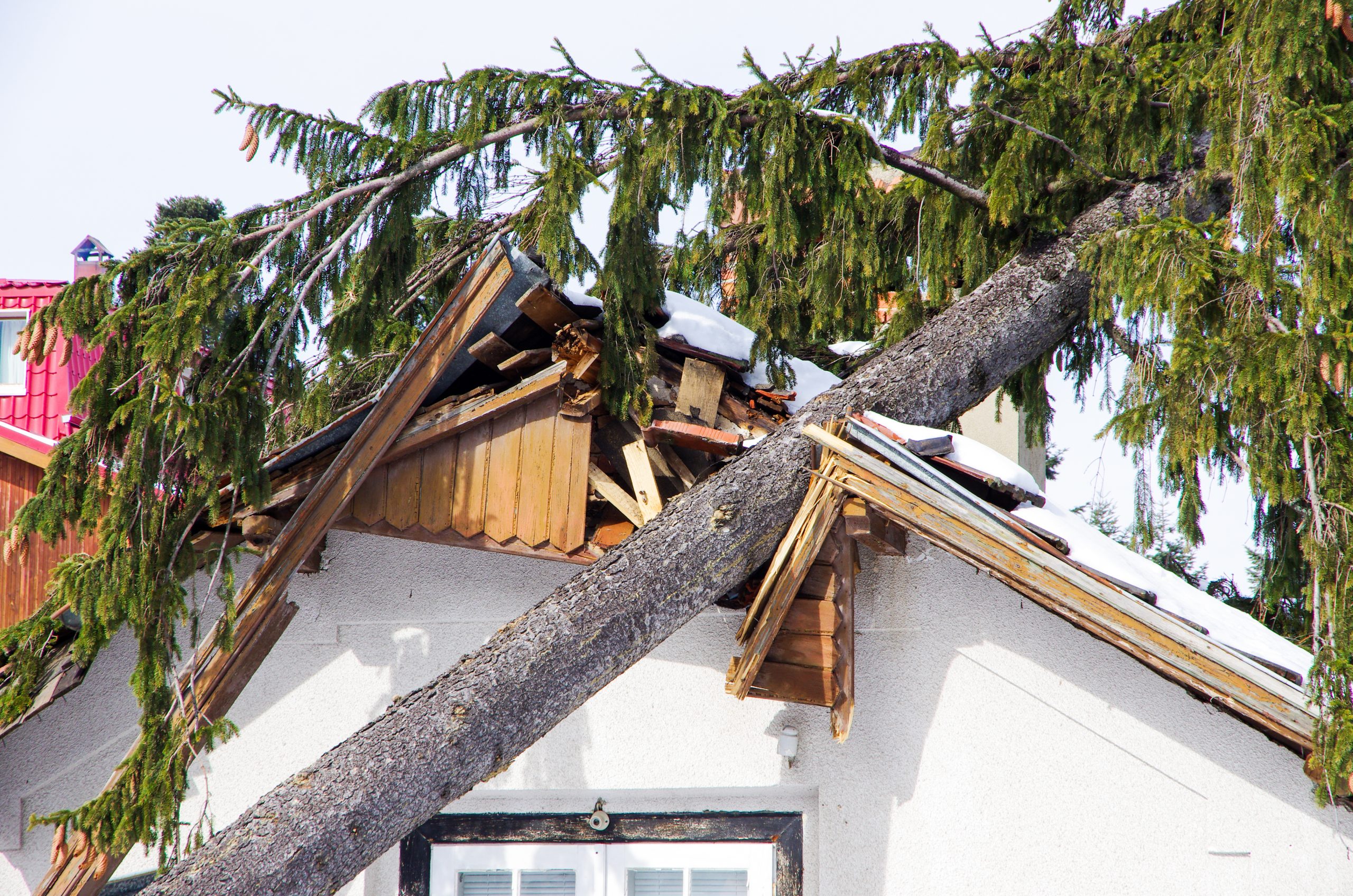
Quite literally among the first references in Biblical history, trees have blossomed with symbolism, representing life, shelter, wisdom and prosperity. But in any given Florida hurricane season, they evoke fear as they become wayward wind-driven projectiles or life-changing house-flatteners. Or they can also stir rage when a beloved tree is pruned beyond recognition or completely destroyed by anyone other than the property owner.
Whether it was constituents’ indignant memories of Florida’s citrus canker crisis, a groundswell of political grandstanding for private property rights, outcries over rat-infested piles of tree debris left to rot in neighborhoods as the State failed to remove them after Hurricane Irma in 2018, or the 2019 hurricane season that caused even more widespread vegetation damage, state legislators were determined to separate local governments from their control over trees.
Couched as a way to protect property owners’ rights when it was enacted in 2019 as Section 163.045 F.S., the goal was achieved when HB 1159 finally prohibited local entities from regulating tree pruning and removal.
According to the Florida League of Cities, the 2019 law was intended to provide residential homeowners with the flexibility of quickly addressing immediate hazards to their homes caused by storm-damaged trees by exempting them from obtaining prior authorization from a local government before pruning or removing trees that presented immediate hazards.
Specifically, HB 1159 provided that a local government may not require a notice, application, approval, permit, fee or mitigation for the pruning, trimming or removal of a tree on residential property if the property owner obtains documentation that the tree presents a danger to persons or property from an arborist certified by the International Society of Arboriculture or a Florida licensed landscape architect.
But the law was vague, inviting and then shielding the abuses by scores of developers, most notably in Seminole County, where local government was powerless to stop bad actors’ destruction of trees and green spaces meant to create buffers around their developments.
Further, the question of whether a community association constitutes a governmental entity has created ongoing confusion, among other vagaries in the law that spawned myriad tree-related abuses, conflicts and litigation statewide.
“The key issue for Florida community associations is the statutory definition of ‘residential property,’ which has perpetuated questions as to what an association’s responsibilities and liabilities were in regard to tree maintenance, especially in cases where unpruned trees might cause property damage during a storm,” said Eisinger Law partner Alessandra Stivelman, whose practice focuses on community association and condominium law.
After a failed effort to repeal HB 1159 in 2021, Florida Senate Environment and Natural Resources Chair Jason Brodeur (R-Volusia) sponsored the successful SB 518 in 2022, aptly entitled “Private Property Rights to Prune, Trim, and Remove Trees.”
Signed by Florida Governor Ron DeSantis on May 18, 2022, the bill takes effect on July 1, 2022 and substantially clarifies the definition of “documentation” in regard to whether a tree “poses an unacceptable risk” as something that must be produced by an arborist or landscape architect.
It also defines “residential property” as a single-family, detached building located on a lot actively used for single-family residential purposes, and which is either an existing conforming use or a legally recognized nonconforming use under the local jurisdiction’s applicable land development regulations.
“It appears that the new definition may have created additional concerns as to the applicability of the law to the common areas in a residential community,” Stivelman said. “We’ll be reviewing this new adjustment with our community association clients to determine how it may apply to them on an individual basis.”
Eisinger Law is a multi-practice Florida law firm focused on community association law, real estate law, developer representation, civil/commercial litigation, insurance law, estate planning and probate. For more information, visit eisingerlaw.com or call 954-894-8000.
